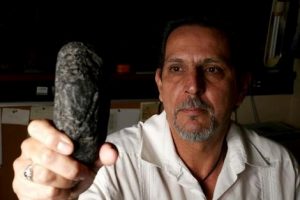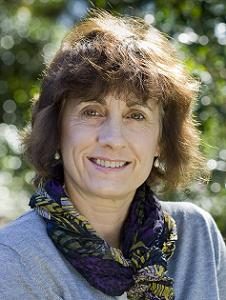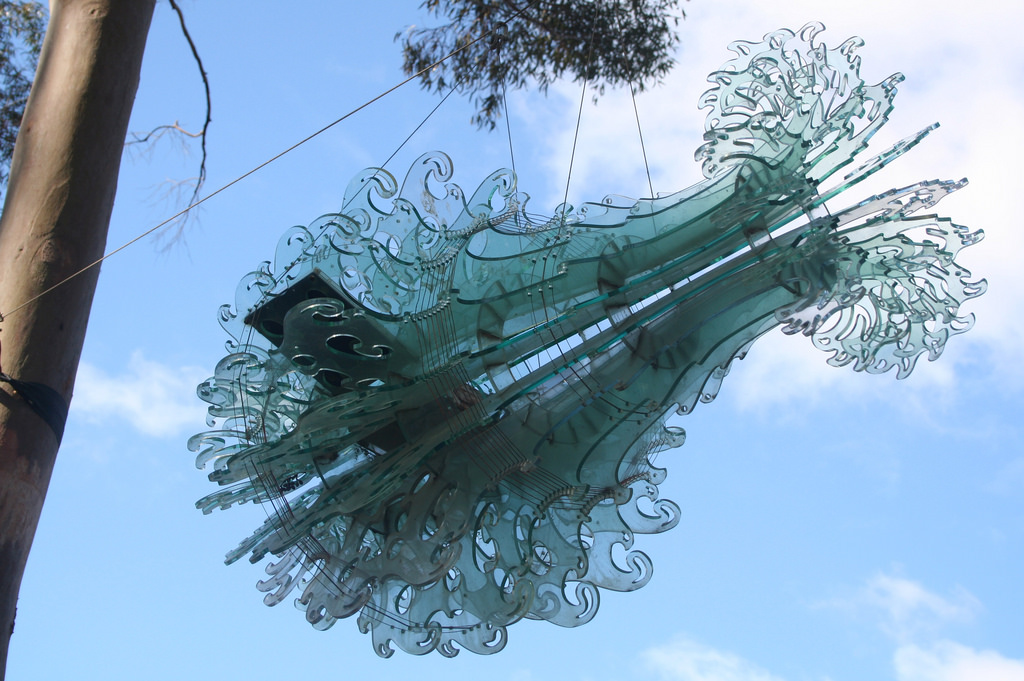 Centre for Mental Health Research, ANU
Centre for Mental Health Research, ANU
Luis Salvador-Carulla is the head of the Centre for Mental Health Research at the Research School of Population Health, Australian National University (ANU) in Canberra (Australia). He has been advisor to the Government of Catalonia (Spain), the Spanish Ministry of Health, the European Commission (EC) and the World Health Organisation (WHO). His research has been focused in developing decision support systems in health and social policy, including tools for analysis of technical efficiency and benchmarking, indicators for health policy analysis and priority setting in mental health and in disability. He has coordinated the Integrated Atlas of Mental Health Project for mapping mental health services in over 30 local areas around the World. He received the Leon Eisenberg Award of the Harvard Medical School in 2012 for his contributions in the field of developmental disorders.
Prof Glenn A Albrecht
 Glenn Albrecht retired as professor of sustainability at Murdoch University in Perth, Western Australia in June 2014. He is now an Honorary Fellow in the School of Geosciences, The University of Sydney. He was at the University of Newcastle as Associate Professor of Environmental Studies until December 2008. He is an environmental philosopher with both theoretical and applied interests in the relationship between ecosystem and human health, broadly defined. He has pioneered the research domain of ‘psychoterratic’ or earth related mental health and emotional conditions with his concept of ‘solastalgia’ or the lived experience of negative environmental change. Solastalgia has become accepted worldwide as a key concept in understanding the impact of environmental change in academic, creative arts, social impact assessment and legal contexts. Glenn Albrecht’s work is now being used extensively in course readings, new research theses and academic research in many disciplines including geography, philosophy and environmental studies. His work is also being published in languages other than English. He has publications in the field of animal ethics and has published on the ethics of relocating endangered species in the face of climate change pressures and the ethics of the thoroughbred horse industry worldwide.
Glenn Albrecht retired as professor of sustainability at Murdoch University in Perth, Western Australia in June 2014. He is now an Honorary Fellow in the School of Geosciences, The University of Sydney. He was at the University of Newcastle as Associate Professor of Environmental Studies until December 2008. He is an environmental philosopher with both theoretical and applied interests in the relationship between ecosystem and human health, broadly defined. He has pioneered the research domain of ‘psychoterratic’ or earth related mental health and emotional conditions with his concept of ‘solastalgia’ or the lived experience of negative environmental change. Solastalgia has become accepted worldwide as a key concept in understanding the impact of environmental change in academic, creative arts, social impact assessment and legal contexts. Glenn Albrecht’s work is now being used extensively in course readings, new research theses and academic research in many disciplines including geography, philosophy and environmental studies. His work is also being published in languages other than English. He has publications in the field of animal ethics and has published on the ethics of relocating endangered species in the face of climate change pressures and the ethics of the thoroughbred horse industry worldwide.
With colleagues, Nick Higginbotham (University of Newcastle) and Linda Connor (Sydney University) under Australian Research Council Discovery Project grants, he has researched the psycho-cultural impact of mining in the Upper Hunter Region of NSW, Australia and the impact of climate change on communities, again in the Hunter Region. He has researched the social impact of gas fracking and coal mining on people and communities in the Gloucester region of NSW. Glenn has also been involved as a Chief Investigator in an ARC Discovery Grant Project on the social and ethical aspects of the thoroughbred horse industry worldwide and was a partner investigator on ARC Linkage Grant funded research on the ethics of feral buffalo control in Arnhem Land. He has held an NCCARF grant at Murdoch University which studied the likely impact of climate change on water provision in two inland cities (Broken Hill and Kalgoorlie). Glenn Albrecht is also a pioneer of transdisciplinary thinking and, with Higginbotham and Connor, produced a major book on this topic, Health Social Science: A Transdisciplinary and Complexity Perspective with Oxford University Press in 2001.
His current major transdisciplinary research interest, the positive and negative psychological, emotional and cultural relationships people have to place and its transformation is one that sees him having a national and international research profile in an emergent field of academic inquiry where he has been recognised as a global pioneer. International citations to his academic productions are increasing annually and reference to his concept of solastalgia in global philosophical discussion, art and culture is now too extensive to fully document. New concepts such as his idea of ‘The Symbiocene’ are also attracting international interest. Glenn now works as a ‘farmosopher’ on Wallaby Farm in the Hunter Region of NSW. He continues to research and publish in his chosen fields. He is currently writing a book for Cornell University Press, Earth Emotions, an overview of his scholarly and public contributions to psychoterratic issues.
Prof Lesley Hughes

Understanding the observed and potential impacts of climate change on species and ecosystems is one of the most serious and challenging environmental issue we face. The main strength of my research in this area has been to integrate a number of different methods, from small-scale field and laboratory manipulations, to computer modeling of potential impacts on hundreds of species. This research interest has led to work focused on the implications of climate change on the applied issues of land management and conservation policy in Australia and elsewhere.
Science communication
My work with the Climate Commission, Climate Council and other bodies has led to a great interest in the way in which science, and in particular, climate change science, is communicated to the public and to policy makers, and how this might be improved.
Prof Steven Sherwood
 Steven studies how the various processes in the atmosphere conspire to establish climate, how these processes might be expected to control the way climate changes, and how the atmosphere will ultimately interact with the oceans and other components of Earth. Clouds, water vapour and atmospheric convection (for example, storms) in particular remain poorly understood in many respects, but are very important not only in bringing rain locally but also to global climate. These topics are studied by way of theoretical modelling, analysis of detailed simulations of physical processes, and statistical methods applied to observations.
Steven studies how the various processes in the atmosphere conspire to establish climate, how these processes might be expected to control the way climate changes, and how the atmosphere will ultimately interact with the oceans and other components of Earth. Clouds, water vapour and atmospheric convection (for example, storms) in particular remain poorly understood in many respects, but are very important not only in bringing rain locally but also to global climate. These topics are studied by way of theoretical modelling, analysis of detailed simulations of physical processes, and statistical methods applied to observations.
